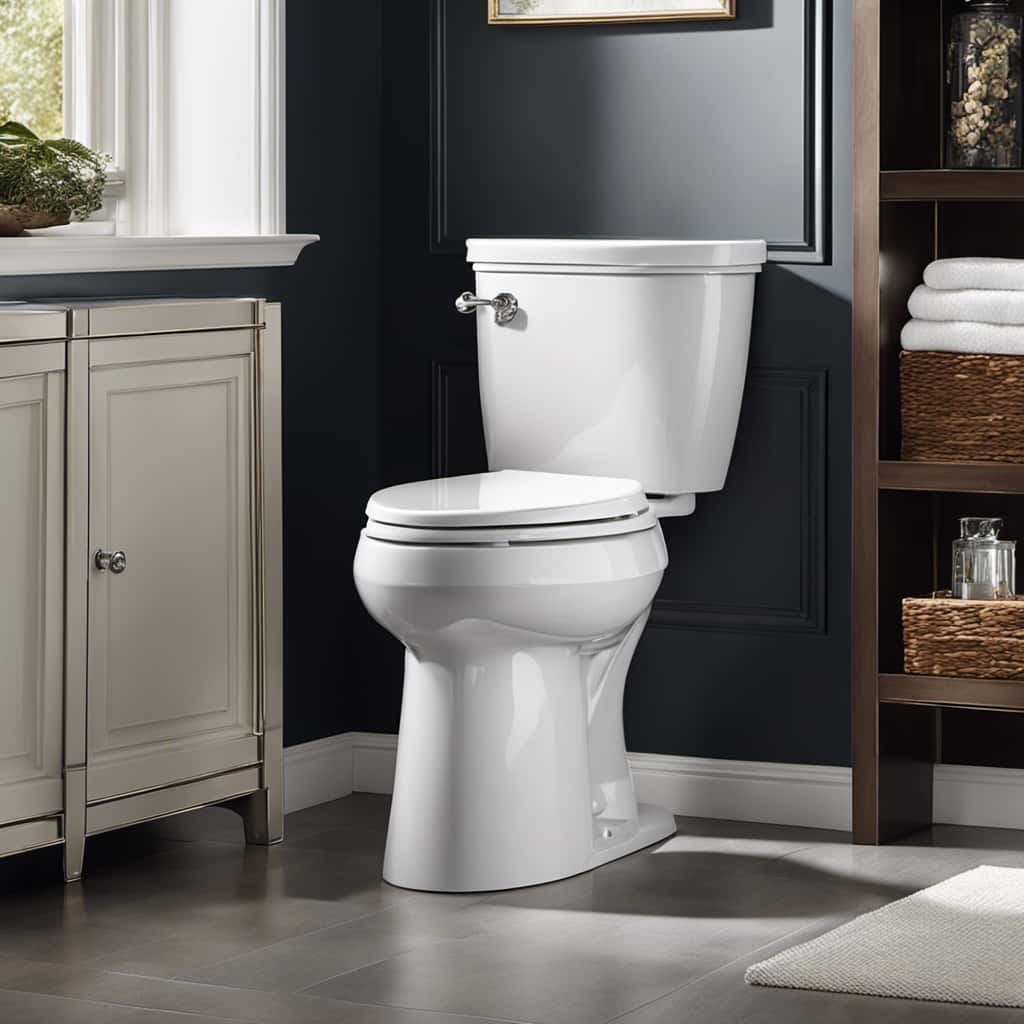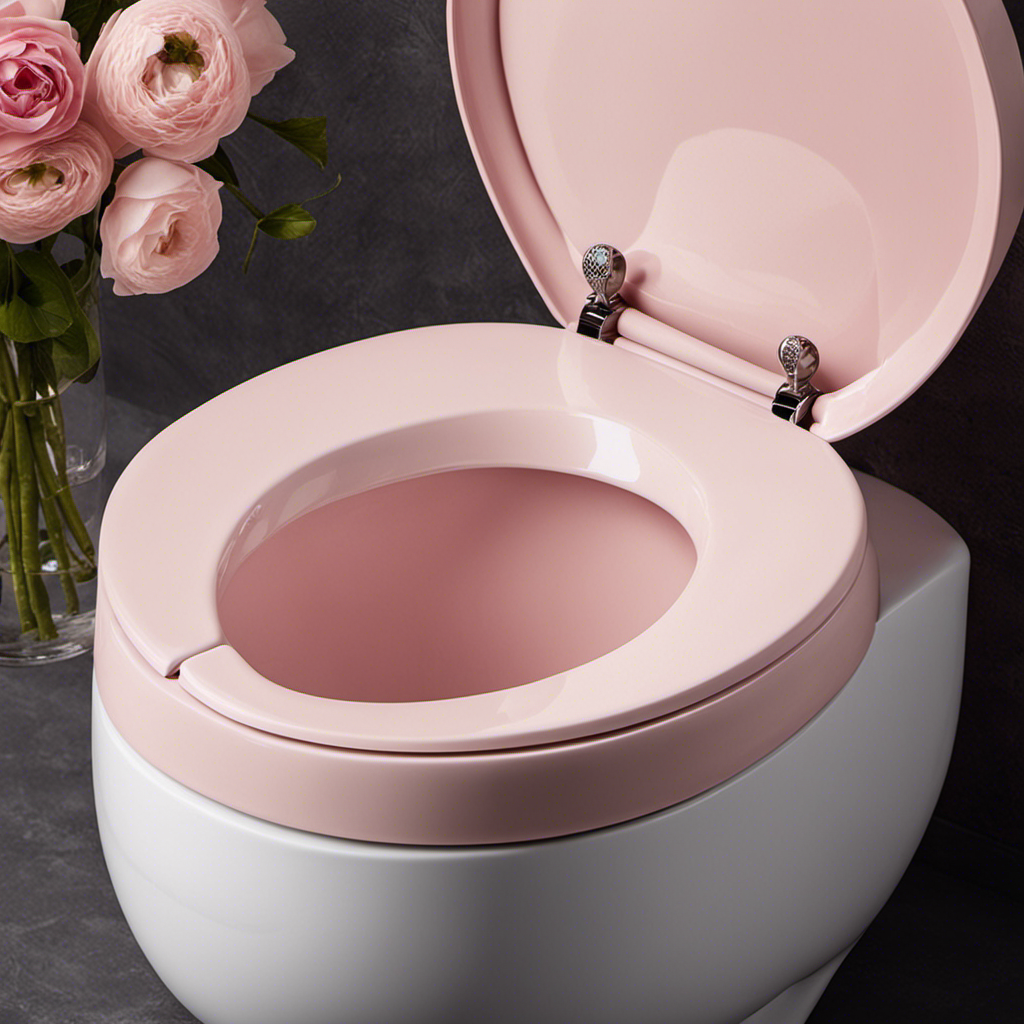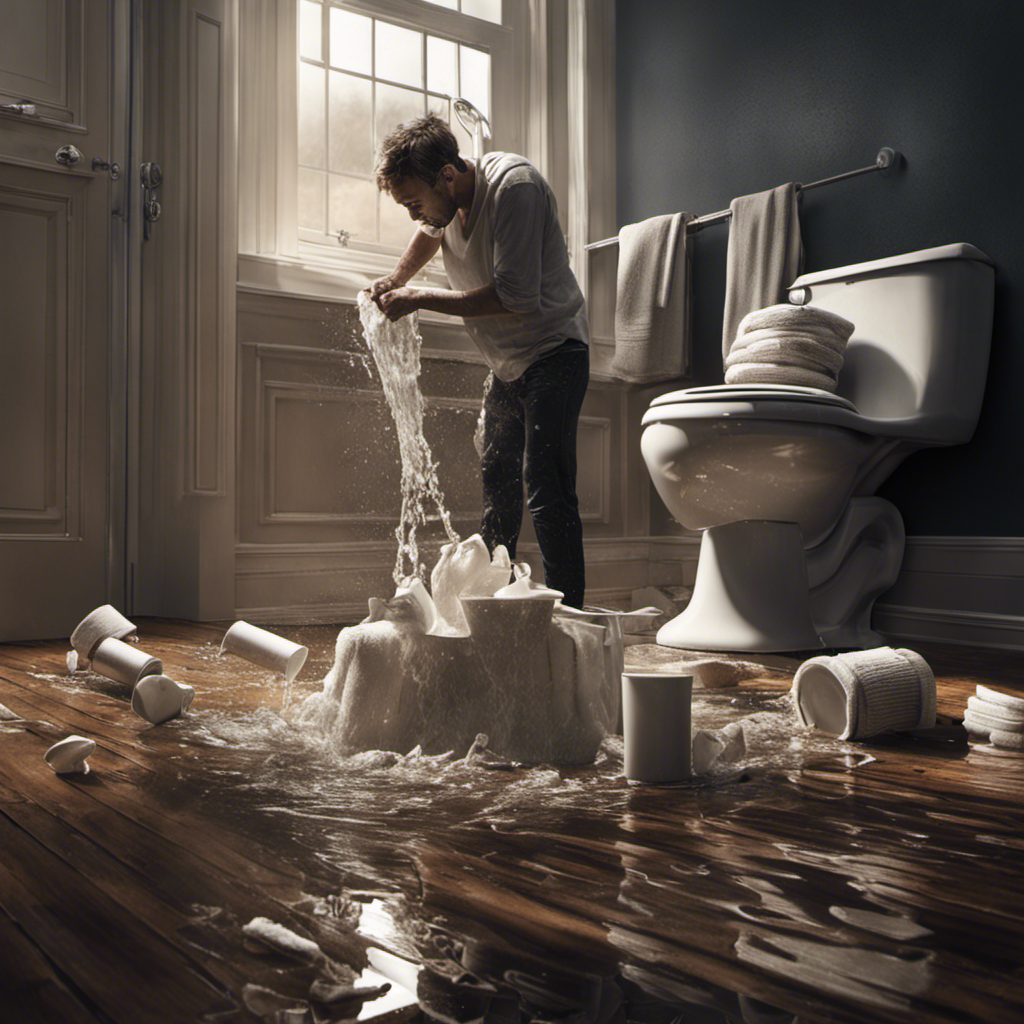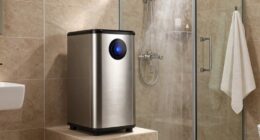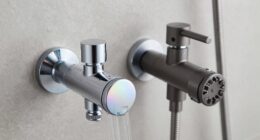Did you know that every year, millions of wet wipes are flushed down the toilet? While it may seem convenient, flushing just one wet wipe can have serious consequences.
In this article, we will explore the risks of flushing a single wet wipe, from the impact on plumbing and sewer systems to the environmental consequences. We will also discuss alternatives to flushing wet wipes and provide proper disposal methods.
So, let’s dive in and master the art of responsible waste management together.
Key Takeaways
- Flushing wet wipes can lead to blockages and costly plumbing repairs.
- Some wipes contain chemicals that may not be safe for the environment or human health.
- Wet wipes don’t break down easily like toilet paper, causing blockages in pipes and drains.
- Flushing wet wipes can result in pollution and harm to ecosystems.
Risks of Flushing a Single Wet Wipe
There are risks associated with flushing a single wet wipe.
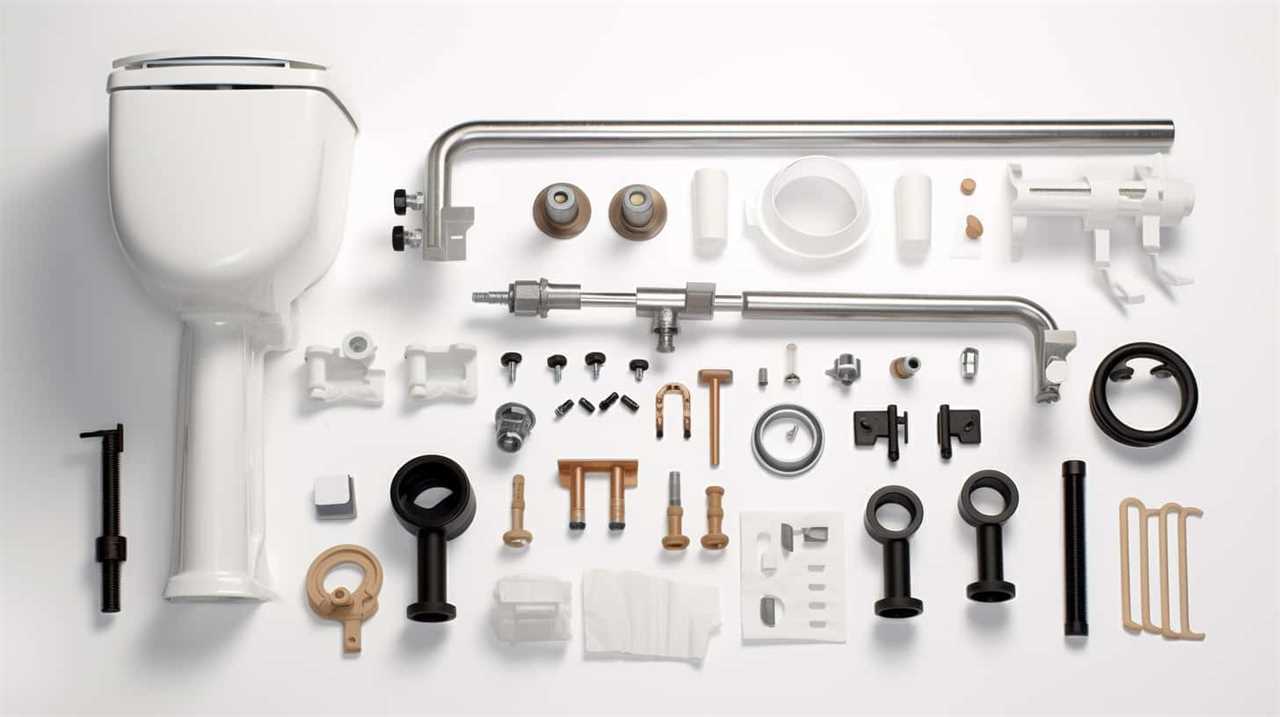
One of the main concerns is the potential for clogging. Wet wipes aren’t designed to break down like toilet paper, and their non-biodegradable materials can easily accumulate in pipes and sewer systems. Over time, this can lead to blockages and costly plumbing repairs.
Additionally, flushing wet wipes can pose potential health hazards. Some wipes contain chemicals that may not be safe for the environment or human health. When these wipes enter the water system, they can contaminate rivers, lakes, and oceans. This can harm aquatic life and even affect the quality of drinking water.
It’s important to dispose of wet wipes properly in the trash to avoid these risks of clogging and potential health hazards.
Impact on Plumbing and Sewer Systems
Flushing one wet wipe can have a significant impact on our plumbing and sewer systems. Here’s why:
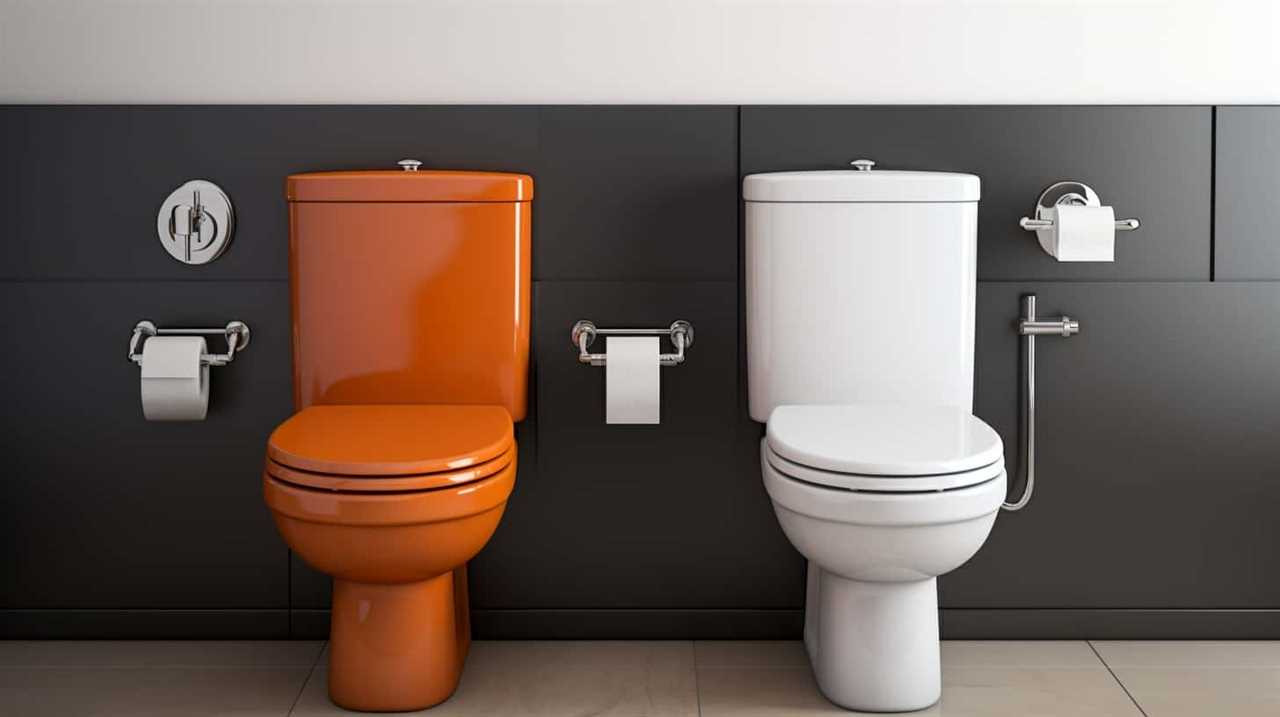
- Clogging: Wet wipes don’t break down easily like toilet paper, causing blockages in pipes and drains.
- Damage to infrastructure: Wet wipes can accumulate in sewer systems, leading to expensive repairs and maintenance.
- Increased pumping and treatment costs: Wet wipes clog pumps and filters in wastewater treatment plants, requiring more energy and resources for proper functioning.
- Impact on water quality: When wet wipes enter water bodies, they can release harmful chemicals and pollutants, degrading water quality and harming aquatic life.
- Economic costs: Dealing with the consequences of wet wipe flushing, such as pipe repairs, increased maintenance, and water treatment expenses, leads to higher costs for individuals, communities, and governments.
Understanding the impact of flushing wet wipes is crucial to protecting our plumbing systems and ensuring the quality of our water resources while avoiding unnecessary economic burdens.
Environmental Consequences of Flushing Wet Wipes
Flushing wet wipes has significant environmental consequences, particularly in terms of pollution and harm to ecosystems. When wet wipes are flushed down the toilet, they can clog pipes and cause blockages in sewage systems, resulting in costly repairs and maintenance. However, the impact of flushing wet wipes extends beyond the plumbing and sewer systems. One of the major concerns is the biodegradability of these wipes. Unlike toilet paper, wet wipes do not break down easily and can persist in the environment for a long time. This can lead to the accumulation of microplastics, which are small plastic particles that can be harmful to marine life and ecosystems. The following table illustrates the environmental consequences of flushing wet wipes:
| Environmental Consequences | Pollution | Harm to Ecosystems |
|---|---|---|
| Clogging of pipes | Yes | No |
| Accumulation of microplastics | Yes | Yes |
| Costly repairs and maintenance | Yes | No |
Alternatives to Flushing Wet Wipes
To address the environmental consequences of flushing wet wipes, we can explore alternative methods of disposal. Here are some sustainable options and biodegradable alternatives to consider:
- Dispose of wet wipes in the trash: This ensures they’ll be sent to a landfill where they can break down naturally over time.
- Use reusable cloth wipes: Opt for washable cloth wipes that can be used multiple times and then washed with your regular laundry.
- Look for biodegradable wet wipes: Some companies now offer wet wipes that are made from biodegradable materials, reducing their impact on the environment.
- Use toilet paper: For tasks that don’t require the extra durability of wet wipes, consider using toilet paper instead.
- Install a bidet: Bidets provide a hygienic alternative to wet wipes and can reduce the need for them altogether.
Proper Disposal Methods for Wet Wipes
We recommend disposing of wet wipes properly by placing them in the trash. Proper storage and disposal of wet wipes are essential to prevent environmental pollution and maintain hygiene standards. When disposing of wet wipes, it is crucial to consider their biodegradability. Opting for biodegradable options can help minimize the environmental impact. These wipes are designed to break down naturally over time, reducing the risk of clogging pipes and contributing to landfill waste. To help you make informed choices, here is a table outlining the proper disposal methods for wet wipes:
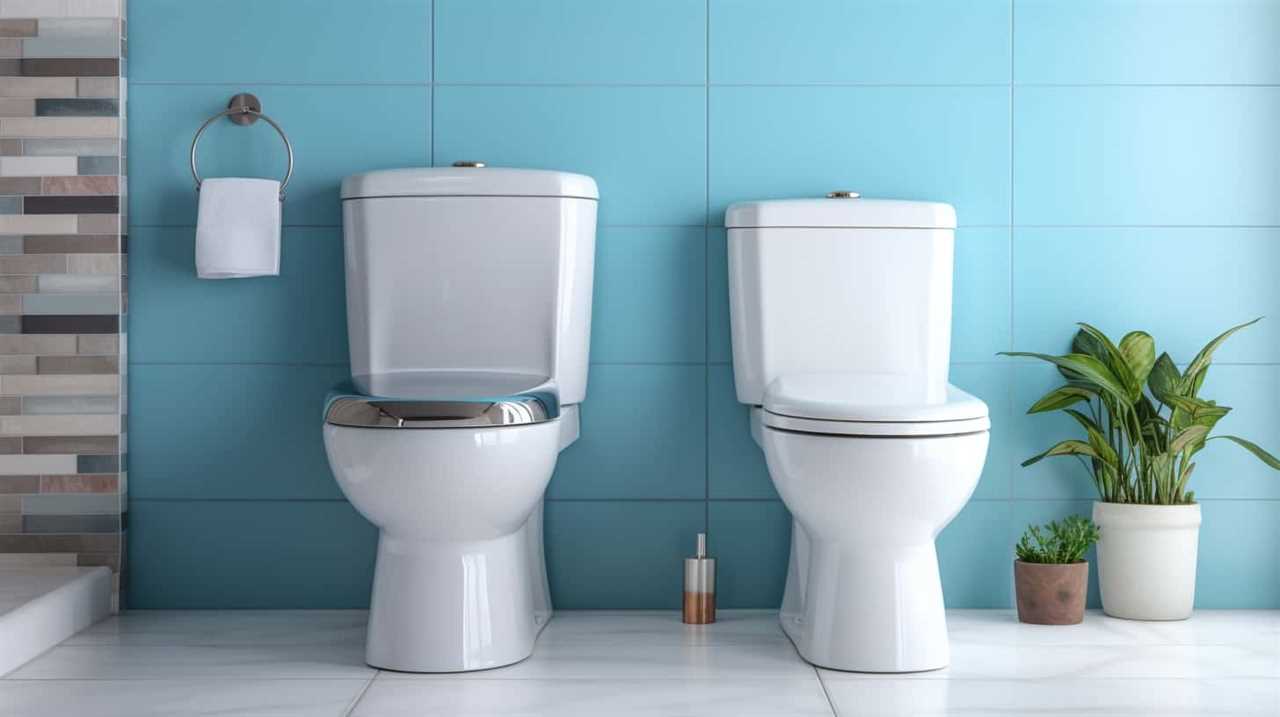
| Type of Wet Wipe | Disposal Method |
|---|---|
| Non-biodegradable | Place in a sealed bag and throw in the trash bin |
| Biodegradable | Compost in a designated compost bin |
| Flushable | Check product labeling and follow manufacturer’s instructions |
Frequently Asked Questions
Are There Any Benefits to Flushing Wet Wipes?
There are some benefits to using wet wipes, such as convenience and hygiene. However, it’s important to consider the environmental impact. Flushing wet wipes can clog pipes and harm water systems, so it’s best to dispose of them properly.
Can Flushing a Single Wet Wipe Cause a Sewage Backup in My Home?
Flushing a single wet wipe can cause a sewage backup in our home. It’s important to consider the environmental impact of flushing wet wipes down the toilet and to explore the benefits of using them for personal hygiene.
How Long Does It Take for Wet Wipes to Break Down in the Sewer System?
Wet wipe decomposition and its environmental impact are important factors to consider when discussing the question of whether it is okay to flush one wet wipe.
Can Flushing Wet Wipes Lead to Contamination of Water Sources?
Flushing wet wipes can lead to water pollution and have a significant environmental impact. They do not break down easily, causing blockages in sewer systems and potential contamination of water sources.

Are There Any Regulations or Laws Regarding the Flushing of Wet Wipes?
There are regulations in place to address the environmental impact of flushing wet wipes. It is important to follow these guidelines to prevent contamination of water sources and protect the environment.
Conclusion
In conclusion, flushing just one wet wipe may seem harmless, but it can have serious consequences for both our plumbing and the environment.
It’s like tossing a pebble into a calm pond – the ripples may seem small at first, but they can quickly escalate into a destructive force.
Instead, let’s explore alternatives and dispose of wet wipes properly to protect our homes and the planet.
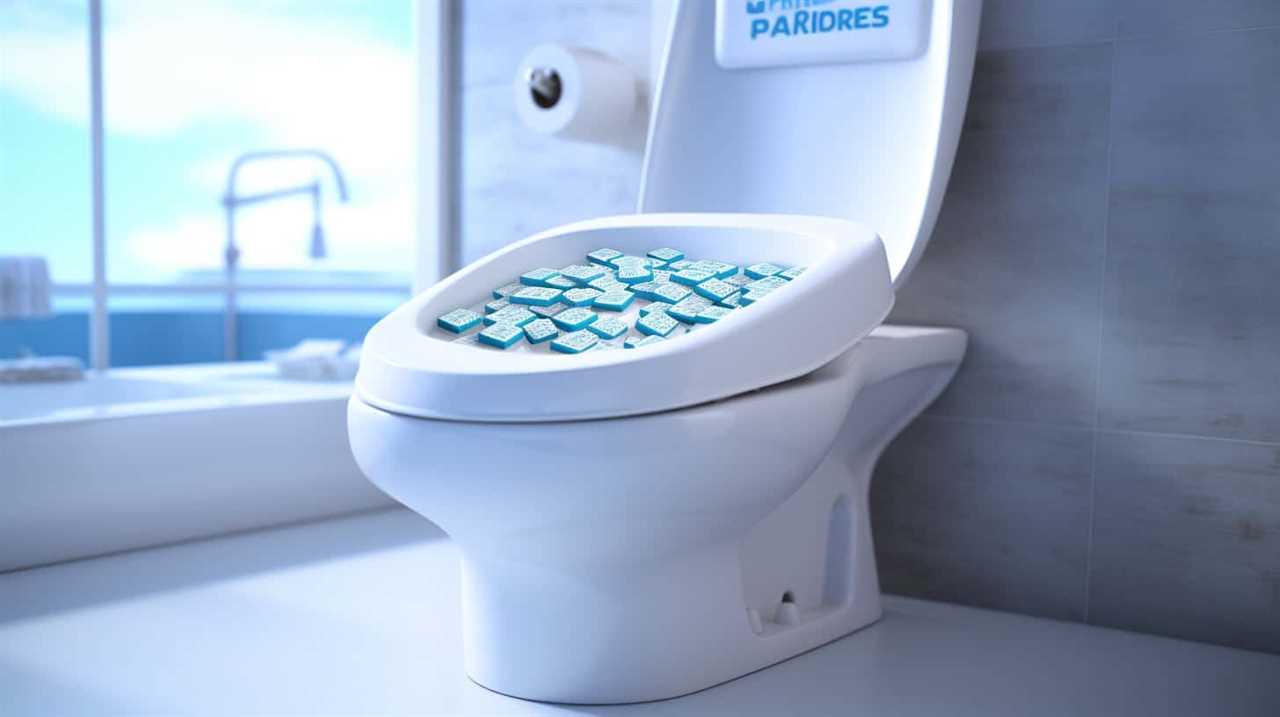
Together, we can make a big difference with small changes.
